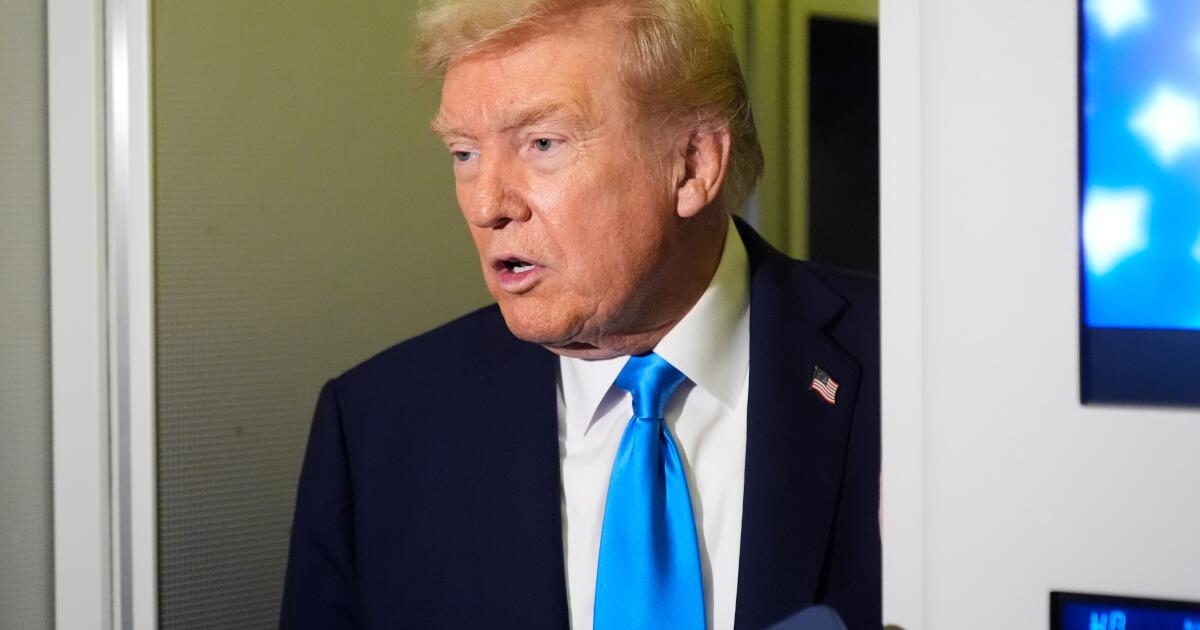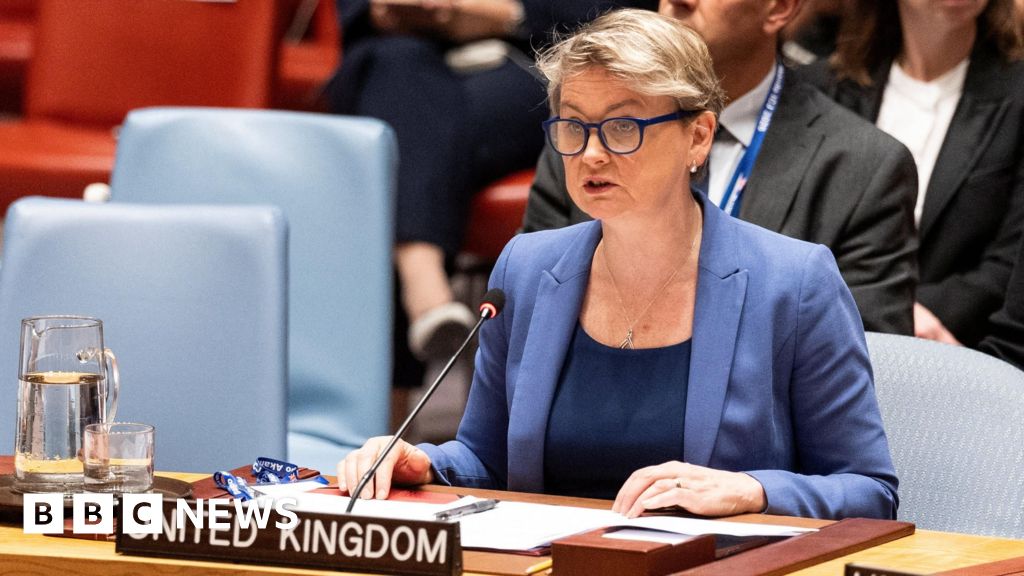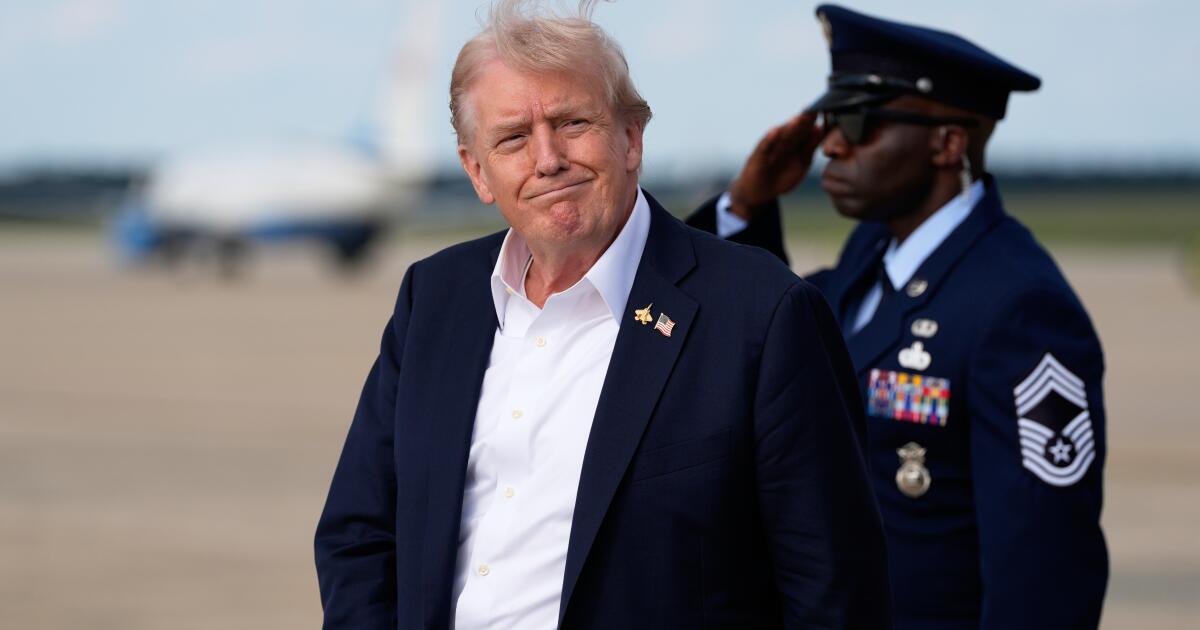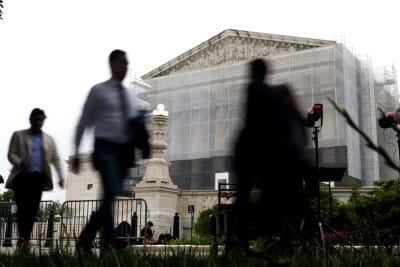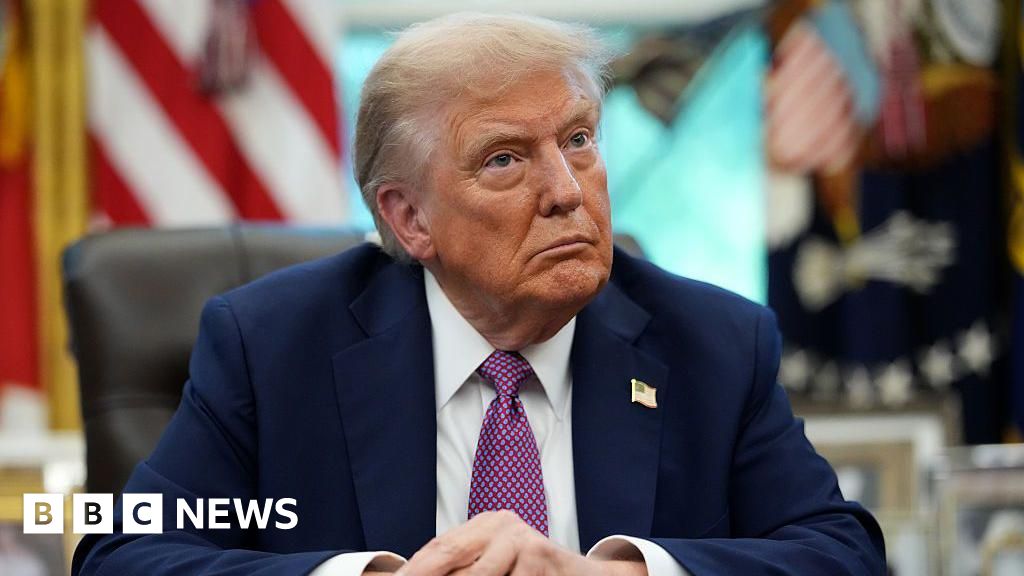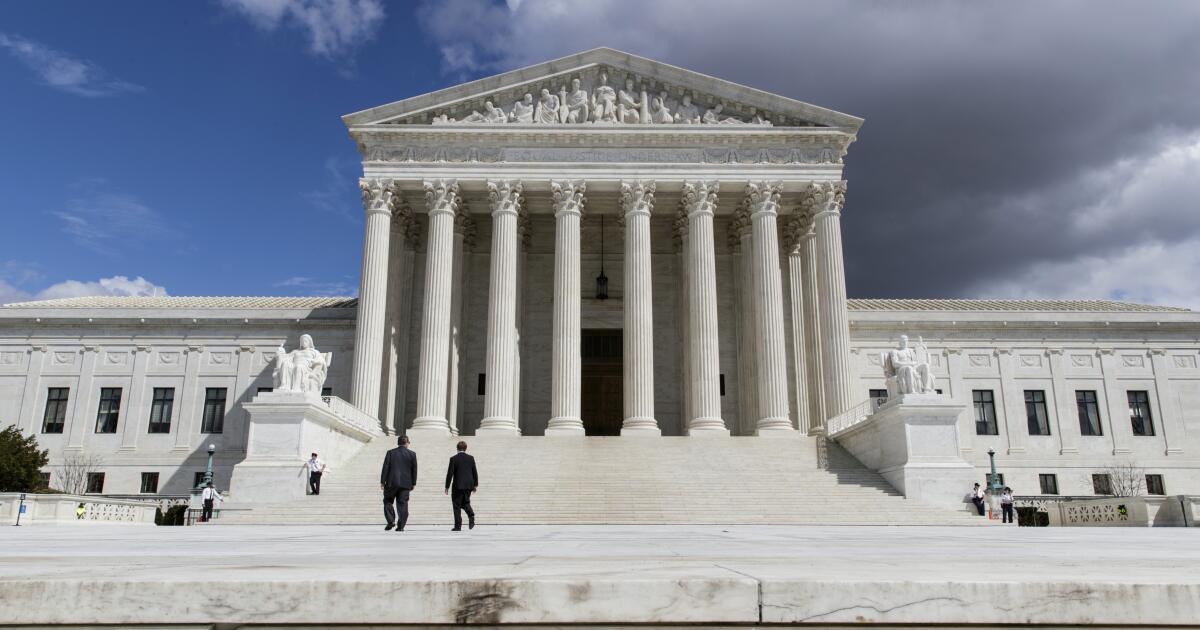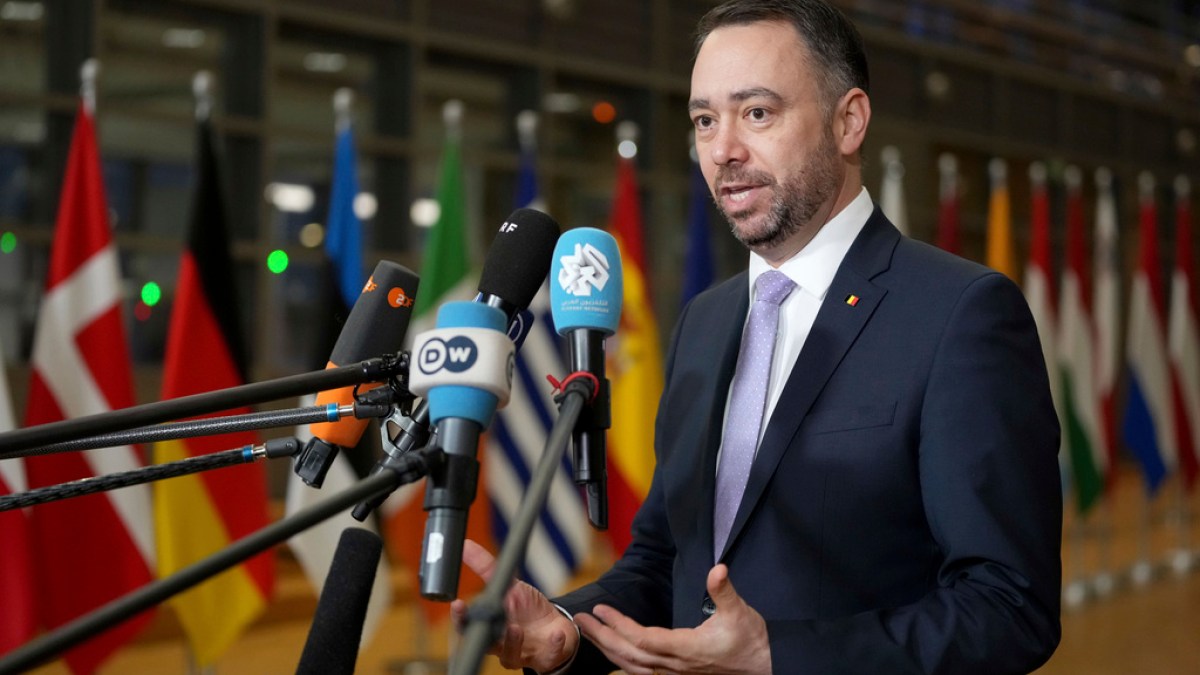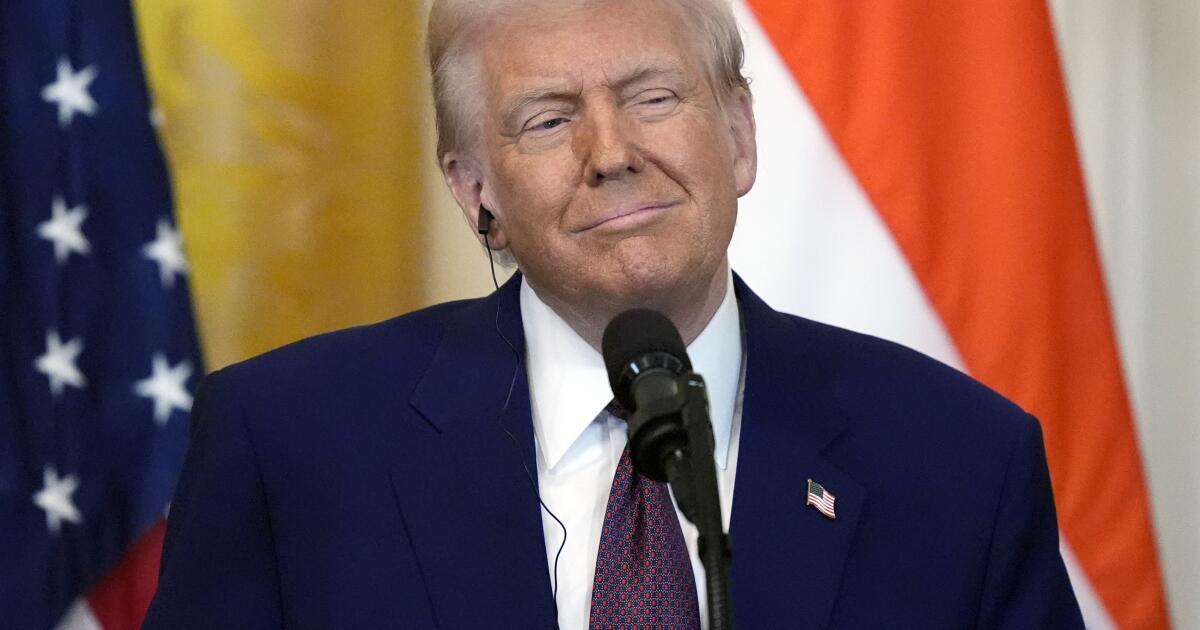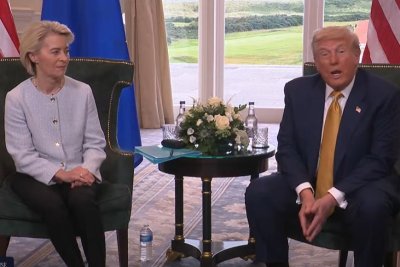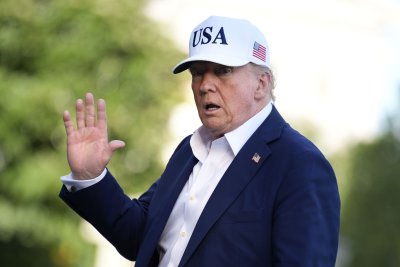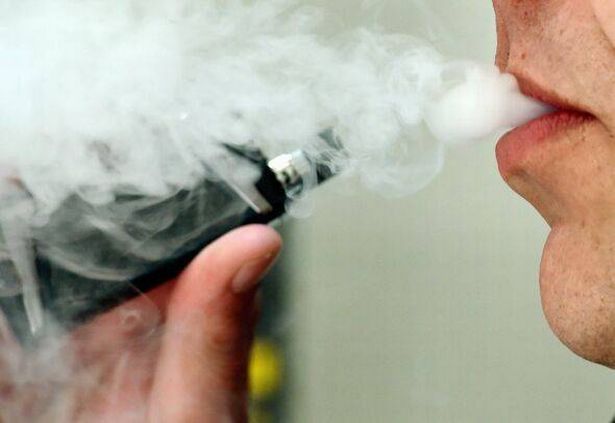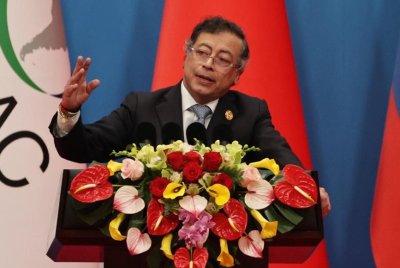Brits are being warned to check local laws in their holiday destinations before setting off as multiple countries impose strict vape bans that could result in a hefty fine or even prison time
As summer holiday season kicks off, British travellers are being urged to double-check vaping laws at their holiday destinations or risk hefty fines, confiscation, or even prison.
While most holidaymakers remember to pack suncream, passports and sunglasses, one everyday item could land you in trouble abroad: your vape. UK-based retailer WizVape has issued a warning for travellers this summer after the UK’s own ban on disposable vapes came into effect on June 1, 2025.
With similar restrictions now appearing across Europe and beyond, vape users could easily be caught out by local laws. “Many travellers are unaware that simply carrying a disposable vape could result in confiscation, hefty fines, or even legal trouble abroad,” says Saif Khan, Director at WizVape.
READ MORE: Inside an affordable European gem with ‘cobblestone old towns’ and stunning beaches
“Whether you’re heading to the beach or the city this summer, it’s essential to check the local laws before you fly.”
In Europe, countries such as France and Belgium have already implemented full bans on disposable vapes.
In Spain, vaping may still be legal, but using your device on beaches in Barcelona or Benidorm could see you slapped with a fine of up to €750 (£650).
Other European nations are planning restrictions too. A disposable vape ban in Germany has passed the Bundesrat but awaits parliamentary approval.
Ireland are also expected to implement a ban by the end of 2025. In Hungary, flavoured e-liquids and popular devices like Elf Bars are already prohibited.
“Make sure you’re using a reusable device and have packed enough refills so you don’t need to purchase a non-UK friendly vape for your return,” adds Khan.
Outside Europe, the risks are even higher. In Thailand, tourists face severe penalties for possession of any vaping device – including large fines or even jail time. Other destinations with complete bans include:
- Singapore – fines of up to £1,150 for possession.
- Mexico – devices often confiscated at airports.
- India, Qatar, Brazil and Argentina – strict bans and penalties in place.
Travellers returning to the UK should also be cautious about bringing disposables home. With the UK’s ban now in place, anyone caught with a single-use vape could have it confiscated at the border.
“Don’t assume what’s legal abroad is legal at home,” Khan warns. “Stay informed and travel smart this summer.”
READ MORE: Molly-Mae’s go-to skin-brightening pads help to instantly clear skin for a radiant glow
